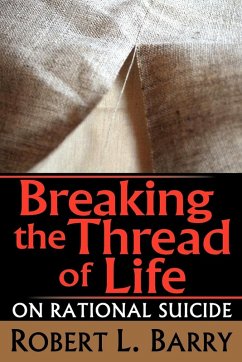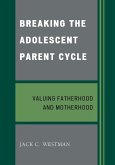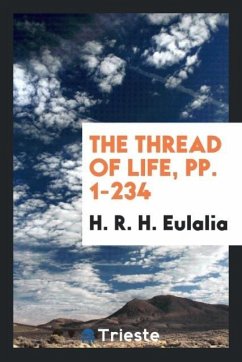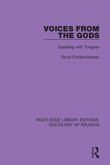Suicide, and how civilized people should respond to it, is an increasingly controversial topic in modern society. In Holland, suicide is the third leading cause of death of people between the ages of fifteen and forty. In the United States, it is the second leading cause of death among older teenagers. Laws prohibiting assisted suicide are being directly and boldly confronted by activists in the United States, most notably Jack Kevorkian. Meanwhile, the American Civil Liberties Union has publicly declared suicide a fundamental human right that should be protected under the Constitution. The Hemlock Society has introduced referenda in California, Washington, and Oregon to legalize suicide and assisted suicide. The most vocal opposition to these initiatives has come from the Roman Catholic church.Breaking the Thread of Life marshalls philosophical, moral, medical, historical, and theological arguments in support of the Roman Catholic position against suicide. In a comprehensive study of the history of suicide, Barry shows that Christian civilization was one of only a few early societies that was able to bring suicide under control. He counters claims that Catholicism and the Bible endorse rational suicide. Barry also analyzes arguments in support of the rationality of suicide and illuminates their biases, inadequacies, and dangers.Barry presents the rationale for the Roman Catholic church's strong, extensive, and articulate opposition to efforts to gain legal and social endorsement of suicide and assisted suicide. His book represents the most complete study of the classical Roman Catholic view of rational suicide to date, and it will be of significant interest to philosophers, theologians, physicians, and lawyers.
Hinweis: Dieser Artikel kann nur an eine deutsche Lieferadresse ausgeliefert werden.
Hinweis: Dieser Artikel kann nur an eine deutsche Lieferadresse ausgeliefert werden.








